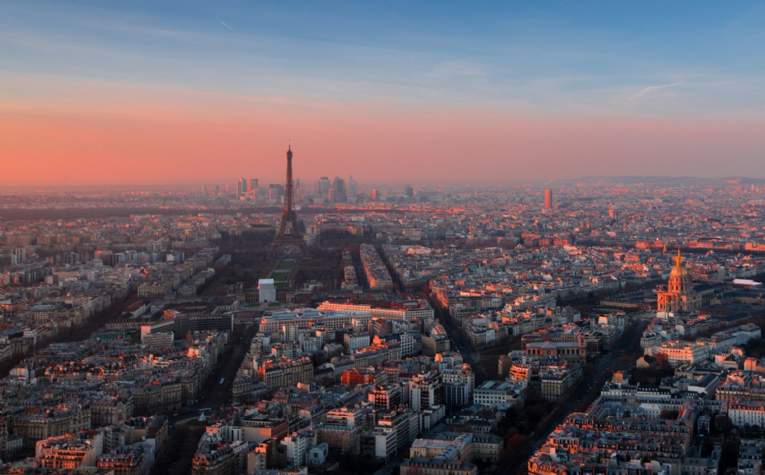The blurring of luxury retail and hospitality has gathered pace in recent years, with a growing number of brands investing significantly into the incorporation of an ultra-prime hospitality offer.
From hotels to galleries to branded residences, hospitality is quickly becoming a fundamental arm of many of the world’s most high profile luxury houses, however it has been the introduction of an F&B (food and beverage) provision for many brands, that has really taken off over the past 12 months.
We are seeing a real surge in the number of luxury retailers incorporating a standout F&B offer within their global flagship stores, with perhaps the most notable being the acclaimed Dior Paris boutique at 30 Avenue Montaigne, which reopened its doors last year to include a Dior café as well as the refined Monsieur Dior restaurant.
Elsewhere, last year also saw Louis Vuitton open ‘The Hall’ - its first restaurant in China - while Tiffany & Co has recently relaunched its new Blue Box Café on Fifth Avenue, which features a seasonally inspired menu created by Michelin starred chef Danial Boulud. We are also continuing to see Ralph Lauren roll out its hugely successful Ralph’s Coffee concept (pictured), now in a number of markets including the US, Japan, China, Qatar, Germany and the UK.
So what is driving this growth in F&B and why are we seeing so many luxury brands invest in providing dining experiences for customers?.
Firstly, the incorporation of a restaurant or café inevitably increases dwell time. In recent years we have seen luxury brands primarily turn their focus to larger units, often relocating or upsizing their existing stores in order to elevate the luxury experience. These larger stores naturally lend themselves well to the inclusion of F&B, helping create an offer that extends beyond that of simply retail.
What makes this so exciting is the opportunity it brings to high end retail destinations that house multiple luxury brands, such as Bond Street in London or New York’s Madison Avenue. If multiple brands each create a standout, high-end dining offer, there’s significant potential to elevate these streets to new heights which will, in turn, have a positive impact on the entire surrounding area.
With the F&B offering within luxury stores becoming increasingly well-established, we are also now beginning to see this trickle through to the aspirational retail market. Contemporary fashion label RIXO recently opened a dedicated coffee kiosk at its new 5,000 sq ft flagship store in Chelsea, London, offering beverages in bespoke, RIXO-branded recycled cups, alongside pastries and sweet treats. The Kudu Collective has also opened a Smokey Kudu Bar within the store offering an incredible cocktail and drinks menu. In its US stores, high-end homeware retailer Restoration Hardware has also opened an array of exquisite restaurants, wine bars and even a champagne and caviar bar.
Ultimately what this inclusion of hospitality taps into is the need for brands to diversify themselves in today’s changing consumer landscape, whether that be mass market retailers on local high streets or the world’s most notable luxury brands in the most desirable retail locations. Consumers now want an opportunity to buy into a brand in new ways, feel its quality first hand, and establish that sense of alignment, from dining out at a rooftop restaurant overlooking a city skyline or by simply sitting in a store sipping on its signature coffee.
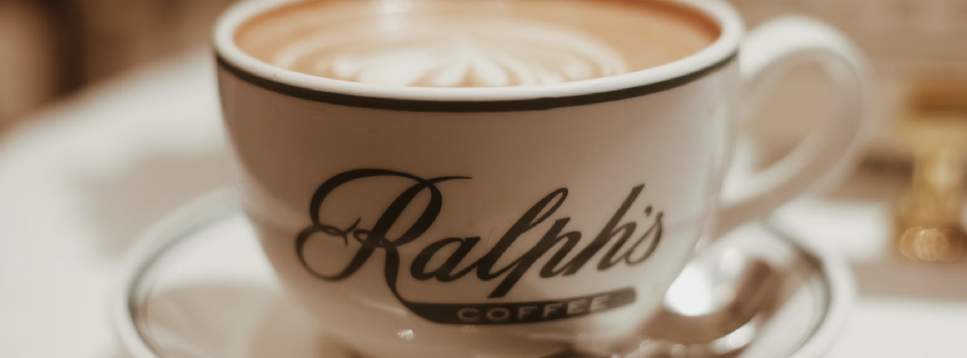
.jpg)


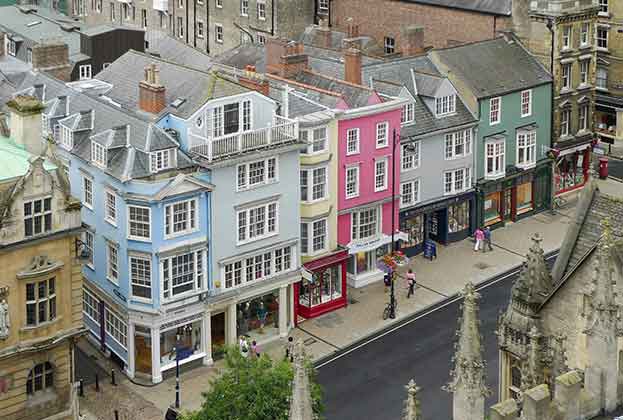
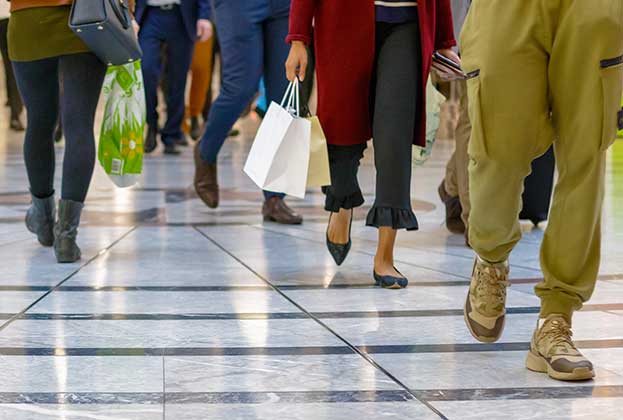
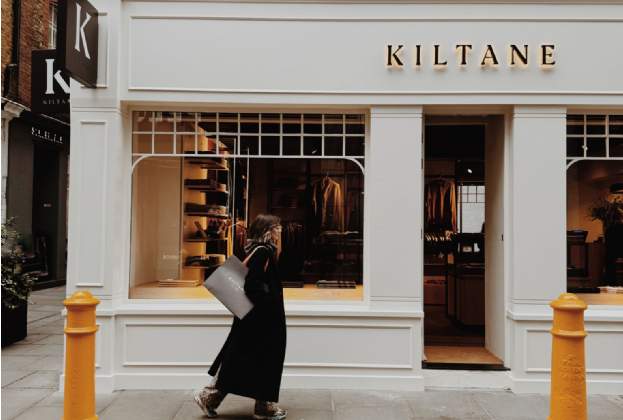


.jpg)
